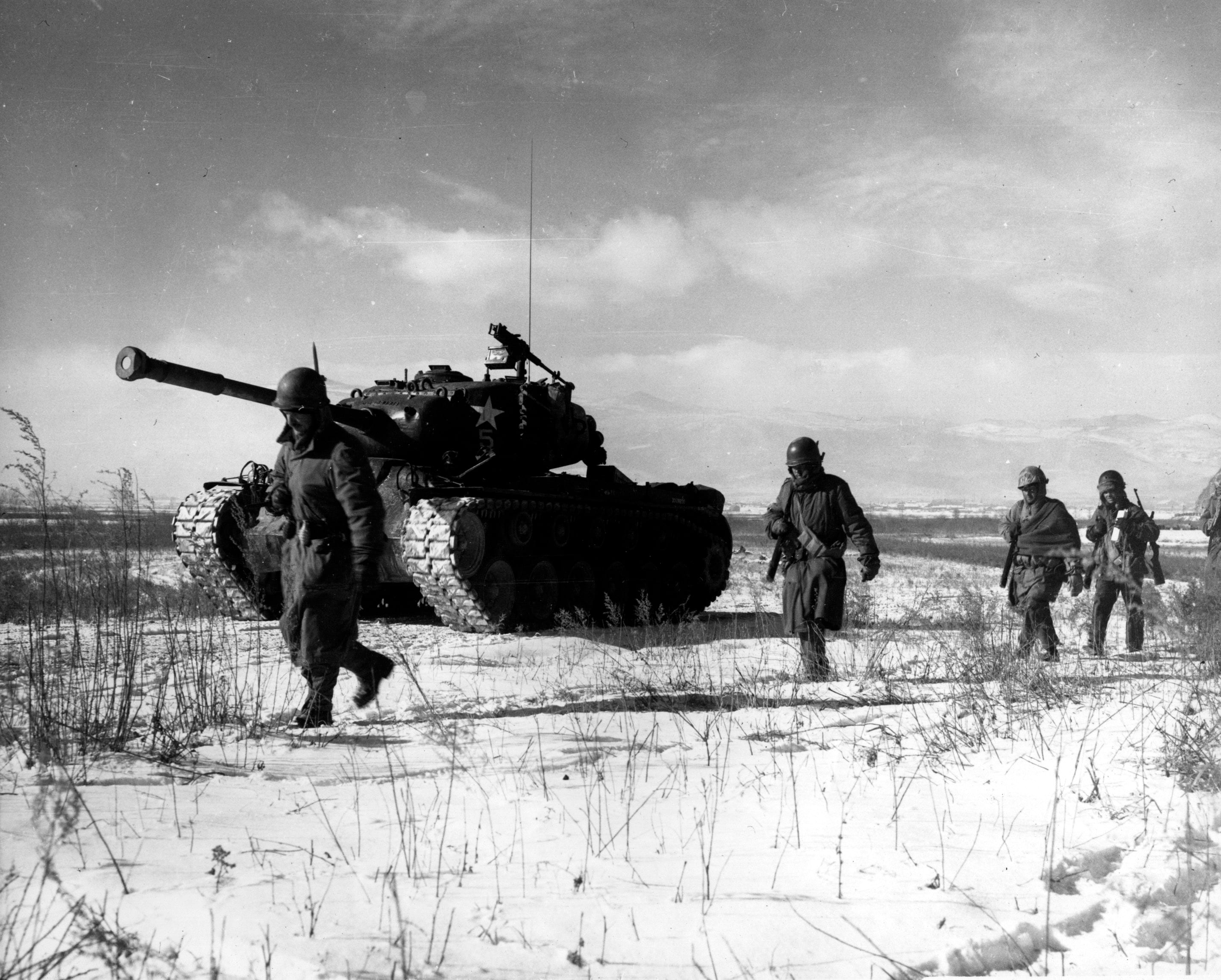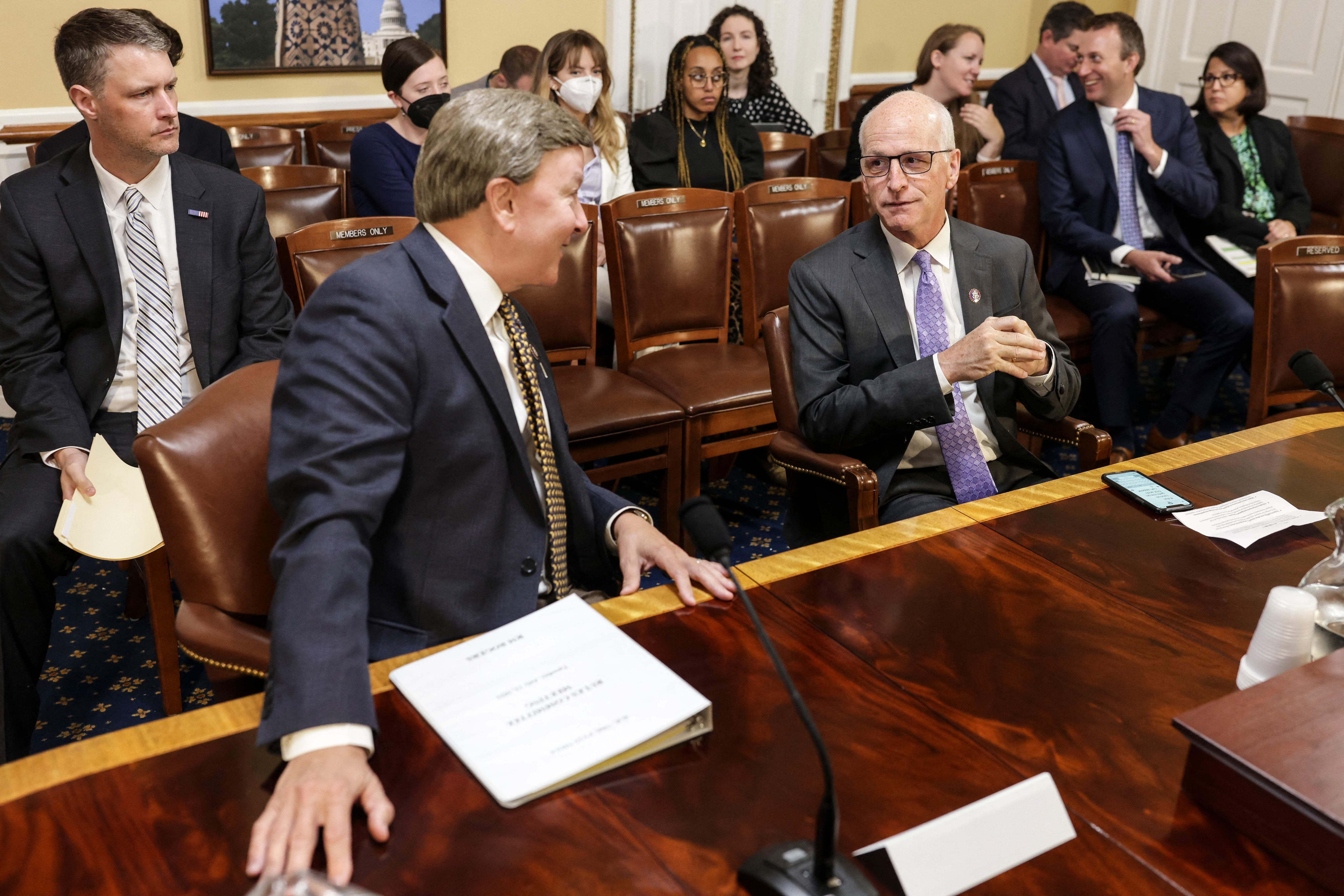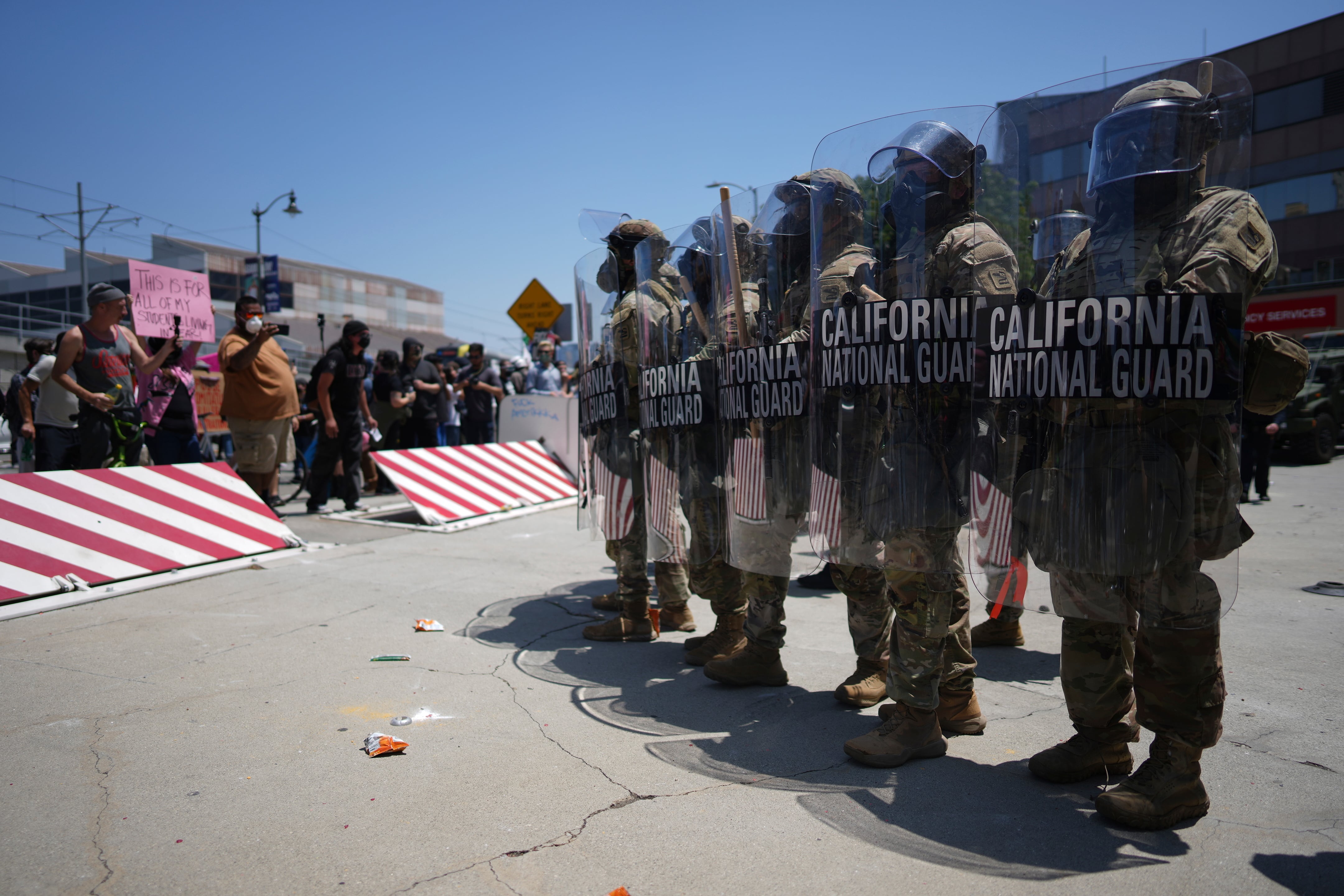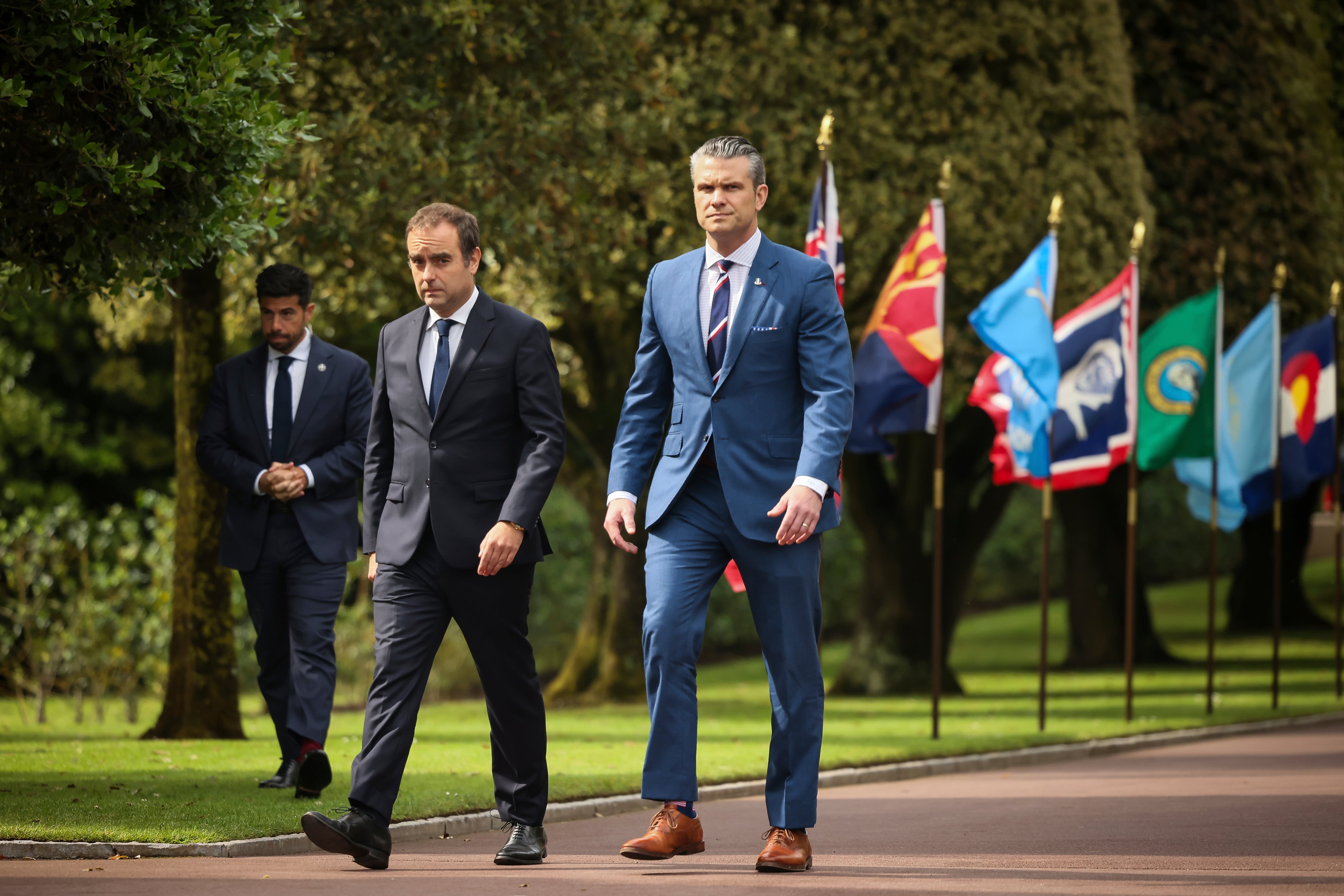HARTFORD, Conn. — Beverly Guliuzza was overcome with a mix of shock, sadness and relief when military officials told her they had identified the remains of her brother, Benjamin Bazzell, an Army corporal who went missing in action during the Korean War in 1950 when she was just 12.
The notification to Guliuzza, now 84 and living with family in Everett, Washington, came last year, seven decades after she had last seen her older brother in their hometown of Seymour, Connecticut. The identification was publicly announced Tuesday by the Defense POW/MIA Accounting Agency, an arm of the U.S. Defense Department.
“When I found out all of this, it was just very sad but also very thankful that there was closure because it had always been missing in action and we never knew,” Guliuzza said in a phone interview Wednesday. “When someone is reported missing in action it’s like you’re in limbo. My mom never got to have closure.”
Bazzell was only 18 when he was killed on Nov. 30, 1950, when enemy forces attacked his unit in North Korea near the Chosin Reservoir, military officials say. He served with the 57th Field Artillery Battalion, 7th Infantry Division.
His body could not be recovered after the battle and remained missing until 2018, when North Korea gave the U.S. 55 boxes purportedly containing the remains of American service members killed during the Korean War. The exchange happened after then-President Donald Trump met with North Korean leader Kim Jong Un.
Military officials say they used DNA and anthropological tests, as well as reviewed circumstantial evidence, to identify Bazzell and 76 other missing service members whose remains were in the boxes.
RELATED

More than 7,500 Americans remain unaccounted for from the Korean War. The military has identified the remains of more than 600 Americans who went missing during the war and returned their bodies to their families since 1982, officials say.
Bazzell was among more than 1,000 U.S. soldiers and Marines killed in the fighting near the Chosin Reservoir from the end of November to mid-December in 1950, according to the Defense POW/MIA Accounting Agency. They were among a United Nations force of about 30,000 soldiers and Marines that was overwhelmed by an estimated 120,000 Chinese soldiers who flooded into North Korea during the war, the agency says.
Guliuzza has warm memories of her brother, who was nicknamed Benny. She said he was “just a sweet, sweet boy” who would wake her up late at night when he got home from his bowling alley job to tell her he had candy.
She said he voluntarily enlisted in the Army to the dismay of their mother, Helen Bazzell, who was never the same after he went missing.
“The effect on my mother was horrible,” Guliuzza said. “It changed the rest of her life. ... My mom used to be a happy person, and I remember she was always whistling. She stopped. She became kind of obsessed with trying to found out more information from the Army. Mom never gave up, never. She always felt that he would be coming home.”
Guliuzza said her brother will be buried at Tahoma National Cemetery in Kent, Washington. A date has not been set.










